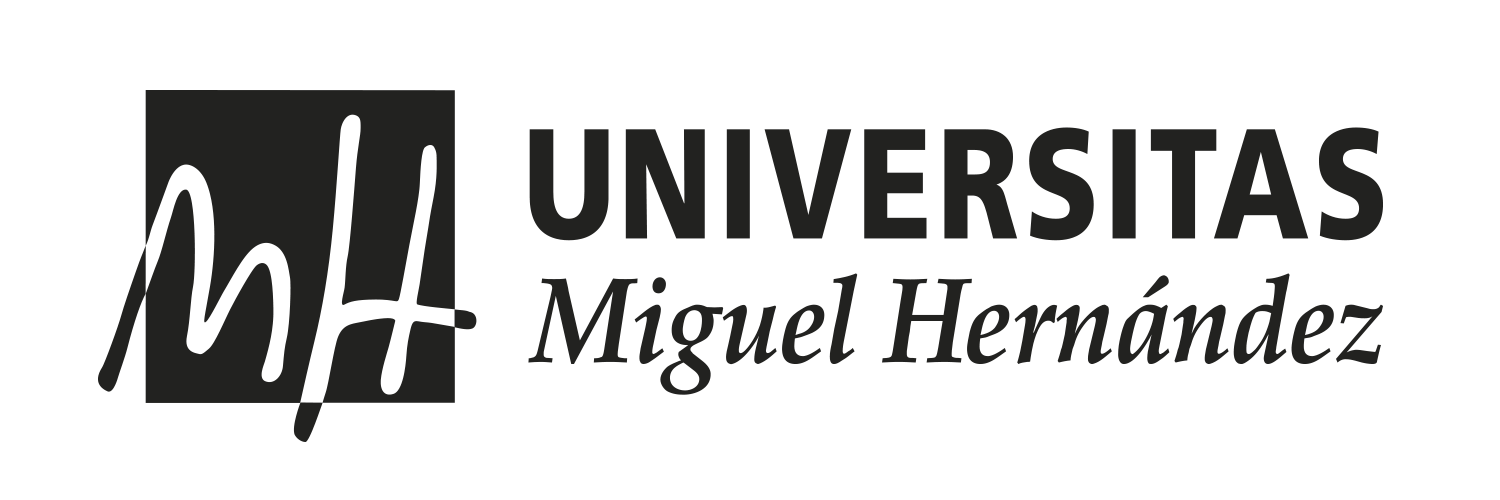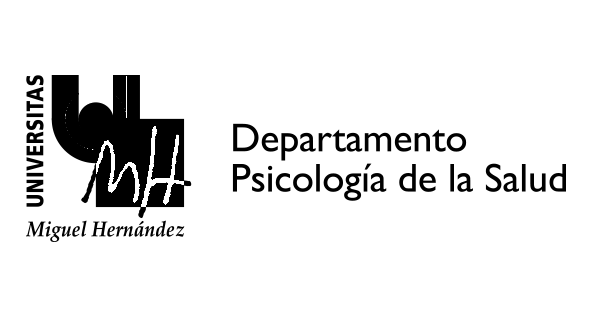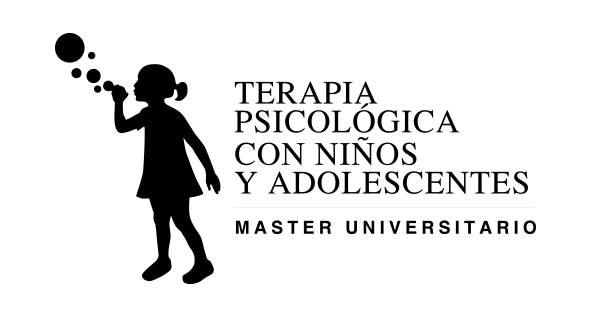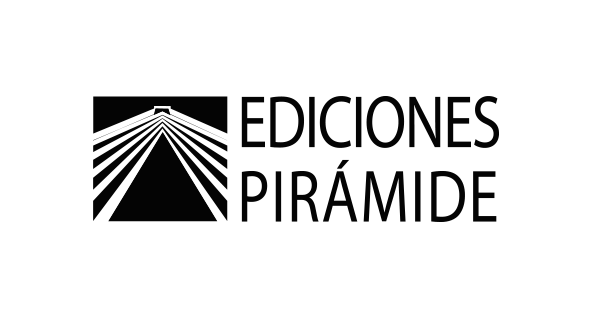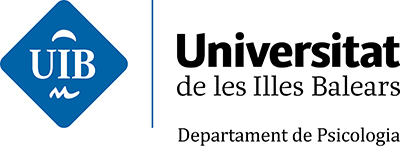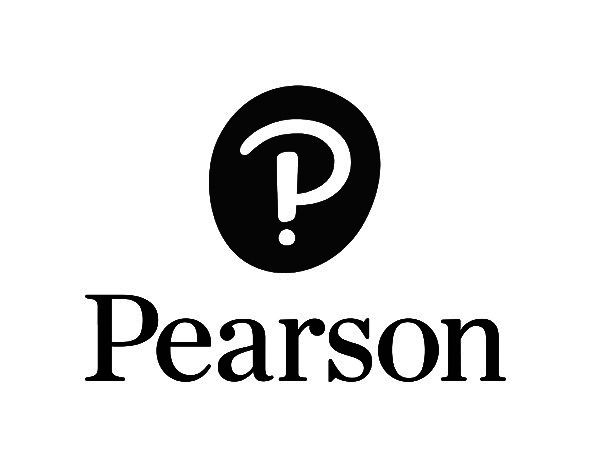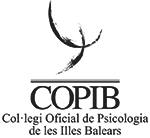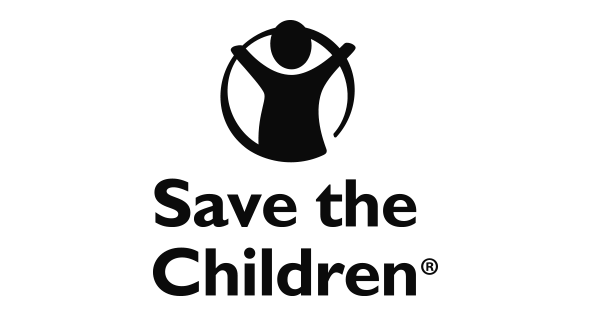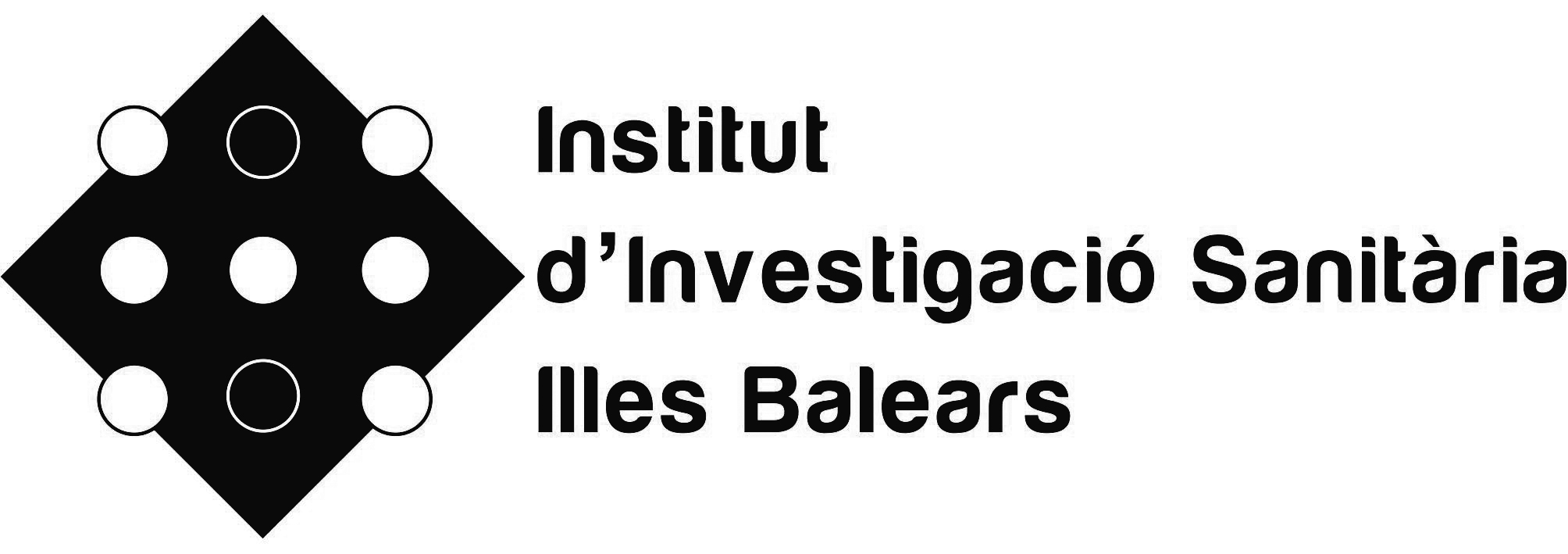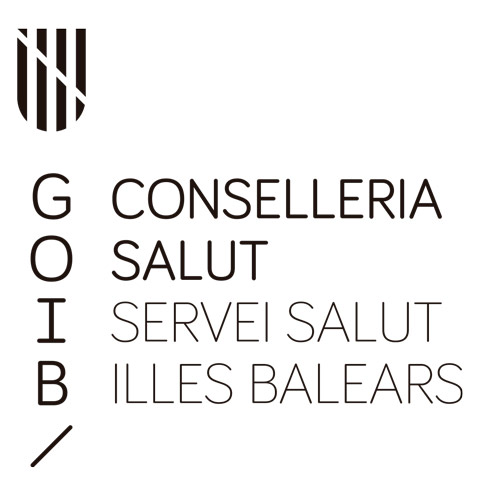Diana Alves
University of Porto, Portugal
RESPONSES TO LEARNING DISABILITIES: NOT ONLY REMEDIATION, BUT ALSO PREVENTION
Abstract
Learning is the dynamic process of acquiring and retaining knowledge that can be applied in daily routines. Several factors, including inadequate prior knowledge, poor study skills, attention problems, cultural or language differences can have a negative impact on learning. Learning disabilities can compromise not only academic performance, but also socioemotional adjustment. Research emphasizes the importance of early identification of children struggling with learning problems. The Response to Intervention (RTI) is an educational decision-making process based on the success or failure of the students at risk during the specialized intervention. RTI allows one to: i) identify children with learning disabilities early on, ii) monitor the evolution of children at risk of developing difficulties, iii) design increasingly intensive interventions based on the students response. In Portugal, the dominant pedagogical approaches often neglect prevention and early referral of children with learning disabilities. This symposium focuses on a project based on a preventive response and on remediative interventions relating to learning disabilities. It includes four presentations. The first one aims at exploring the implementation of an intervention project based on RTI to identify learning difficulties early on and design interventions directed to prevent the emergence of learning disabilities. The following two presentations analyse three individual interventions aiming to promote reading and writing processes, and mathematical competencies, respectively. The final presentation describes a case of an adolescent dealing with cognitive difficulties and their impact on her vocational choices.
Diana Alves is an assistant professor at the Faculty of Psychology and Education Science of the University of Porto (FPCEUP). She is also a clinical psychologist at the Service of Psychological Intervention for Children and Adolescents at FPCEUP, where she coordinates the Specialized Unit of Learning Difficulties. She has been a consultant in several interventions in educational contexts aiming to promote the socio-emotional competencies of children. She conducts research in the field of developmental psychology, as well as academic, social and emotional competence in children, having published both papers and book chapters. She is a board certified psychologist in Clinical and Educational Psychology by the OPP. I&D PROJECTS: From 2005 to 2013, Alves was a researcher at the Center for Psychology at the University of Porto, having furthered research in the field of predictors of children’s peer acceptance, considering parental (e.g., parental metaemotion, CCNES, Fabes, Eisenberg, & Bernzweig, 1990), emotional (e.g., emotional knowledge, ACES, Schultz, Izard & Bear, 2002), and social variables (e.g. sociometric measures, Coie & Dodge, 1998). In the last two years, she has been involved in a project to evaluate the effectiveness of Zippy’s Friends on preschool children: a universal school-based program to promote mental health, sponsored by ESCUTAR (a non-profit private organization). From 2016, Alves has been a coordinator of the “Crescer do ler” project. The main objectives of the project were promotion of emergent literacy skills among preschool children, fostering success in the reading and writing learning process, early detection of children at risk of experiencing learning difficulties and optimization of pedagogical practices in the context of emergent literacy.


